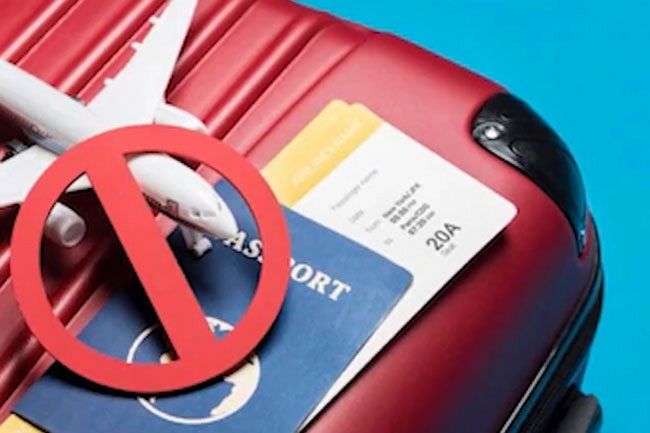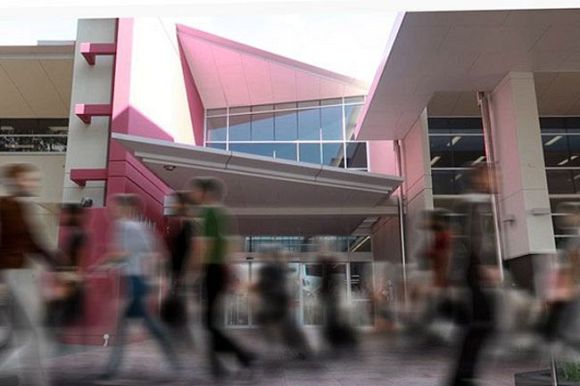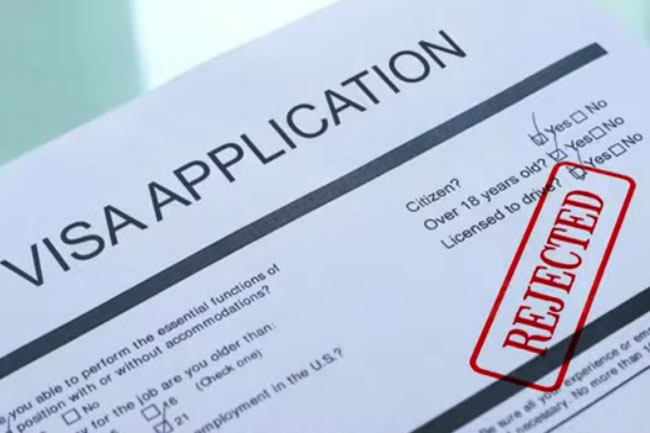The number of onshore students appealing visa refusal decisions is surging, creating further complications for the AAT's backlog, writes Dr Abul Rizvi.
WHILE INTERNATIONAL Education industry lobby groups (most recently the head of Universities Australia) continue to complain about unfair treatment and politicisation, the problems that result from a massive and sudden surge in student visas continue to mount. There seems to be no understanding in the industry that the 2023 surge could not possibly have been allowed to continue.
This week, the Administrative Appeals Tribunal (AAT) published data on its caseload for August 2024 that shows a massive surge in onshore students appealing refusal decisions. Students now comprise 71% of migration (non-asylum) cases at the AAT.
The total student appeals backlog at the AAT is now just under 16,000. This will keep growing rapidly and average processing times will keep blowing out. At present, 50% of student visa refusals take 287 days with 95% taking 743 days. In other words, appealing an onshore student visa refusal would give the appellant almost a year more in Australia most likely with work rights.
The bulk of these students would have entered Australia based on a higher education course. They would have subsequently either been recruited to switch to a vocational education and training (VET) course or have completed their higher education course and have found that does not give them a pathway to permanent residence. They would have chosen to apply for an onshore student visa based on a VET course.
In just the two months of July-August 2024, there were 4,727 appeals against onshore student visa refusals but only 212 appeals were processed with a set-aside rate of 49%; 24% affirmed; 20% withdrawn; and the remainder otherwise resolved.
With over 100,000 onshore student visa applications in the bridging visa backlog and awaiting a decision, and an onshore refusal rate in July 2024 of 73.4%, new onshore student appeals to the AAT will continue to be strong and its backlog will continue to grow, even with the additional resources that have been allocated to the AAT.
Students who are refused at the AAT have very few options. Further appeals would cost a fortune beyond what they would have already paid for legal advice, AAT fees and so on. The only means of further extending stay, other than just going underground, would be to apply for asylum. Students applying for asylum will continue to grow strongly.
Students who go on to secure a temporary graduate visa need to quickly find a skilled job that has a reasonably high salary. If they don’t, temporary graduates can no longer return to a student visa. They, too, have few options. They must either depart, go underground or apply for asylum. That is what they are now doing in increasing numbers. A large portion of around 240,000 temporary graduates currently in Australia will hit a visa brick wall in early 2025.
This is the inevitable part of the third stage of a student visa boom. There seems to be little understanding in the industry that the third stage will take many years to play out. That may be because the problems and costs incurred during the third stage do not affect industry players but are met by the taxpayer.
Dr Abul Rizvi is an Independent Australia columnist and a former Deputy Secretary of the Department of Immigration. You can follow Abul on Twitter @RizviAbul.
 This work is licensed under a Creative Commons Attribution-NonCommercial-NoDerivs 3.0 Australia License
This work is licensed under a Creative Commons Attribution-NonCommercial-NoDerivs 3.0 Australia License
Support independent journalism Subscribe to IA.

Related Articles
- Government rationale for student visa caps revealed
- Temporary graduates in immigration limbo on the rise
- Student cap hysteria overblown
- Reports of government student visa cut misleading
- Rise in overseas students ringing alarm bells













